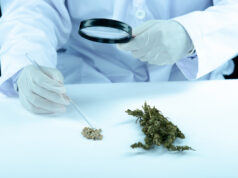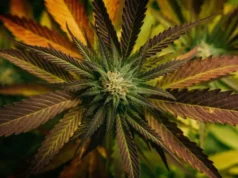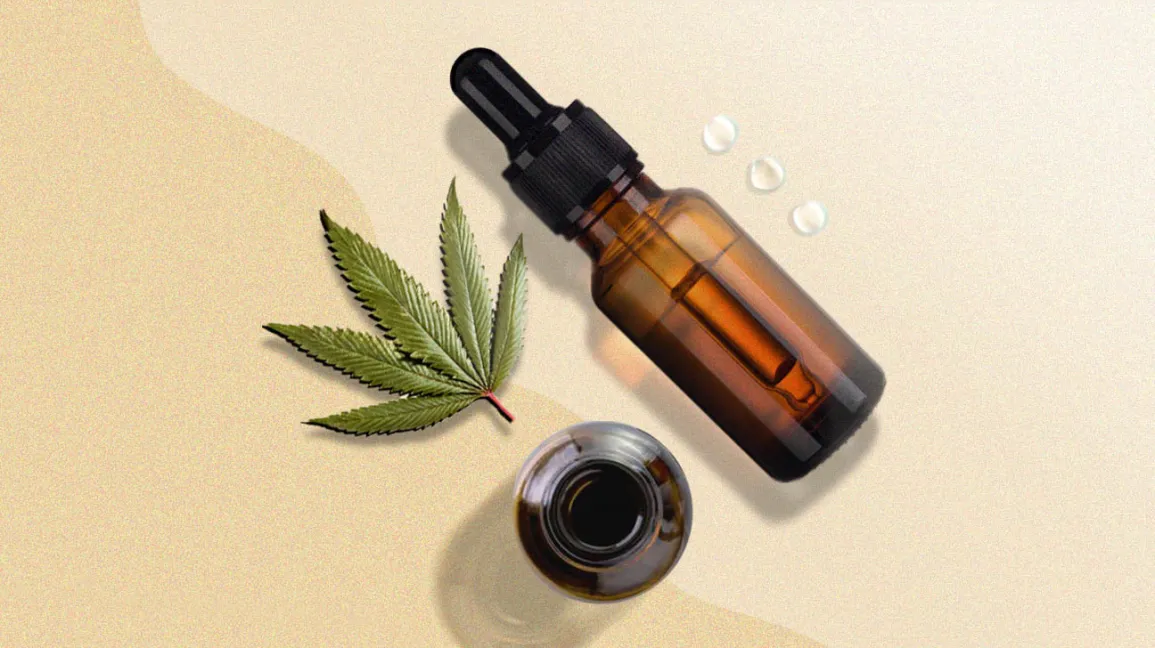
Cannabidiol, also known as CBD, is one of the 60 active compounds found in cannabis. CBD oil is made by removing the THC – “the high” or the psychoactive element of the plant and leaves the active therapeutic compounds known as cannabinoids that affect the body in different ways. After finding a suitable CBD product for yourself, it is time to choose the right dosage.
One of the best growers and manufacturers of CBD oil, FoothillHempFarms, has perfected the growing of the plant and the manufacturing of the CBD oil, removing the psychoactive compound and leaving the cannabinoids, which are the pure essence properties of the plant used entirely for therapeutic purposes.
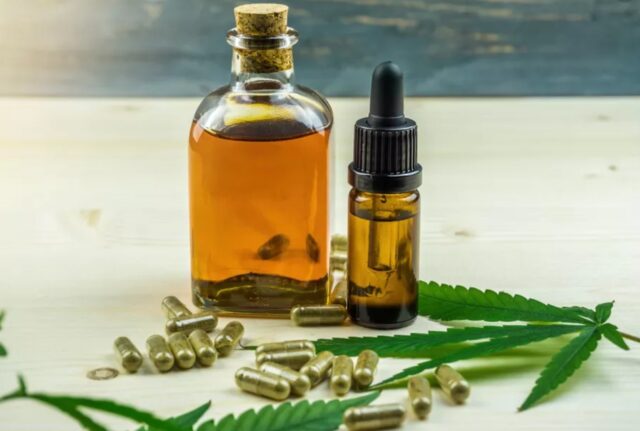
CBD Dosage
People often ask the question: “What is the right daily dose of CBD for me?” The truth is that this question is complex and very difficult to answer unambiguously with a universal scheme of admission. People use CBD for various pains and illnesses, so there is no one-size-fits-all dose for everyone – factors such as age, gender, weight, other medications – all of which you need to consider before starting CBD.
If you search Google for CBD dosing, you will find various ways to measure and approximate dosages for different types of products and different conditions.
CBD is a plant-based add-on therapy that is safe to consume as long as it is free of impurities and does not contain toxic substances. We have all heard the basic principle in pharmacology: “the dose makes the poison.”
We know that even the most harmless herb in large quantities can be harmful, so it is normal for people to need some guidance on the daily dose of CBD.
CBD oil doesn’t intend to treat, cure or prevent any disease. It is great to have general guidelines from specialists, however, self-monitoring is just as important. For people with chronic pain, for example, a starting dose of 20 milligrams (mg) per day may be effective. Gradually increase the dosage until you find relief that works for you.
Again, it is important to remember that everyone is different and what works for one person might not work for another. The best way to find your ideal CBD dosage is to start low and gradually increase it until you achieve the desired results.
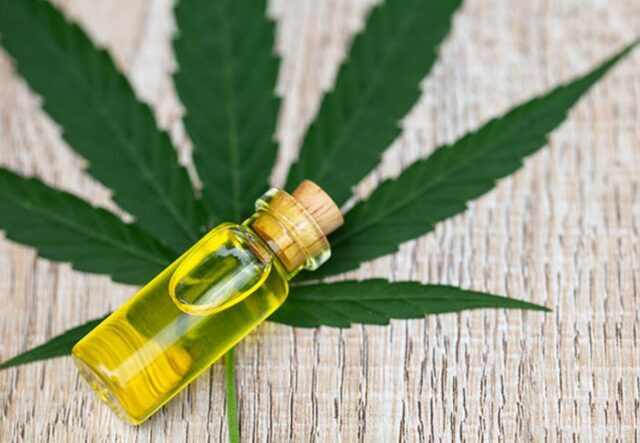
How to Figure Out the Right Amount of CBD Oil for You?
There are several factors that you need to consider when taking CBD. First, you need to consider your body weight and your condition. Why do you need to take CBD? Is it for anxiety, a sleep disorder, or something else? You also need to consider the concentration of CBD in the oil. And as of last but not least, your unique body chemistry. You want to avoid any potential risks. If your doctor has prescribed CBD oil for your condition, you should stick to their prescribed recommendation. If a doctor hasn’t prescribed a dosage for you, it is best to start with a smaller dose and increase gradually. One study showed that people tolerate dosages between 20 to 1,500 mg/day. You can start with 20 to 40 mg a day and gradually increase the amount of daily intake by 5 mg until you start noticing a therapeutic effect for your condition.
According to research, use and dosage vary, based on the diseases and conditions of the person and their weight. It is important to note that CBD doesn’t cause the “high” that everyone associates marijuana with, so it doesn’t have the same potential for abuse as cannabis.
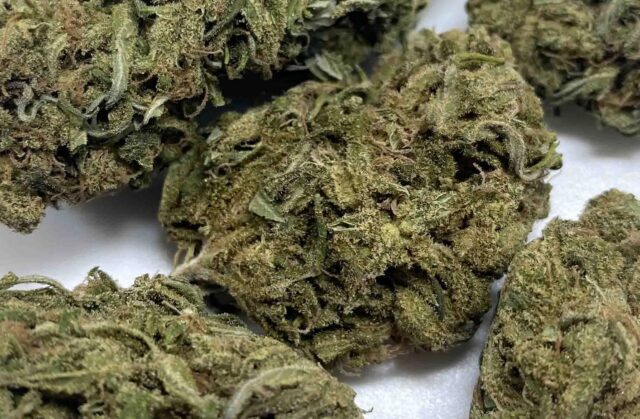
Dosage Based on Conditions
As mentioned earlier, for different conditions, you need different dosages. Medical News Today has put up a list of some common conditions and the ideal intake of CBD daily for each one:
For anxiety – 300-600 mg / day
For Pain due to Cancer – 50-60 mg / day
For Parinsons’s disease 75-300 mg / day
For bowel disease – 5 mg twice / day
For type 2 diabetes – 100 mg twice / day
For Schizophrenia – 300-500 mg / day
It’s important to note that the best results are achieved with a regular intake of CBD over a period of time. It is also necessary to monitor dosage levels as you may find yourself needing more or less based on your particular condition and how it responds to treatment.
Specialists in CBD have worked around the clock to re-discover and prove the healing properties of cannabidiol. Based on countless studies published in Scientific articles, CBD oil products aren’t medicine but are considered dietary and wellness supplements with potential therapeutic effects.
So when it comes to official evidence of its effectiveness for various diseases, the jury is still out. However, it is considered a highly effective add-on therapy for anxiety, schizophrenia, and Parkinson’s disease. It is known to have a soothing effect and a positive impact on depression, anxiety, and severe pain symptoms.
Another study for the safety and side effects of cannabidiol showed that people didn’t experience withdrawal symptoms after four weeks of intake of a 1,500 dose daily.
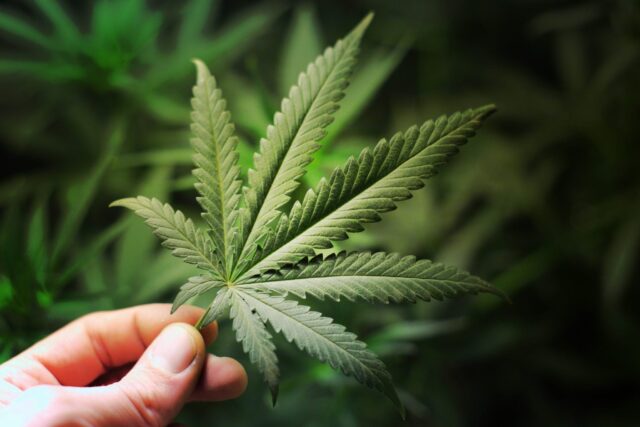
Is It Possible to Overdose with CBD?
CBD oil is considered non-toxic. Scientists observed only a few side effects and regarded them as non-threatening. The US National Cancer Institute published a report stating that overdose with CBD is impossible. According to the report: “Because cannabinoid receptors, unlike opioid receptors, are not located in the areas of the brain that control respiration, a fatal overdose of cannabinoids has not been observed.” According to the same report, CBD products are considered a lot less addictive than prescription drugs.
Although it isn’t a medicine, CBD oil constantly proves therapeutic and soothing benefits for many conditions and diseases. The oil is considered a plant-based add-on therapy. Countless scientific studies show evidence for its beneficial effect when treating anxiety, schizophrenia, depression, and sleep disorders. CBD oil has a positive impact on soothing the severe pain of cancer patients. The dosage depends on several factors, including the patient’s weight and condition.

